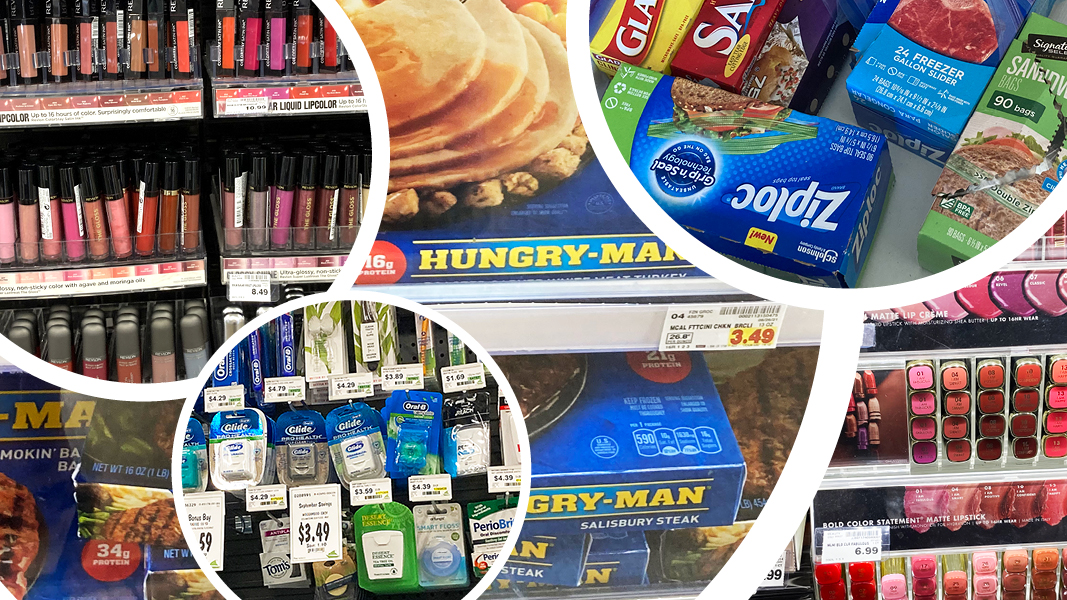Top: New laws in Colorado and California put restrictions on fiber-based food packaging and other products, such as cosmetics and personal care items, to which PFAS chemicals have been intentionally added.
In June, Colorado Governor Jared Schutz Polis signed HB22-1345, a new law that prohibits the sale or distribution of fiber-based food packaging and other products, such as fabric treatments, carpets, cosmetics, juvenile products, and textile furnishings, to which PFAS has been intentionally added. The ban goes into effect January 1, 2024. Food packaging as defined in the Colorado law includes any package or packaging component used in direct contact with food that is composed, in substantial part, of paper, paperboard, or other materials originally derived from plant fibers, explains Packaging Law. “Intentionally added PFAS chemicals” are considered those organic chemicals with at least one fully fluorinated carbon atom that a manufacturer has intentionally added to a product and that have a functional or technical effect on the product.
The law also includes new labeling requirements regarding PFAS in cookware, including pots, pans, bowls, and cooking utensils. The law defines “cookware” as a durable houseware product that is used in residences or kitchens to prepare, dispense, or store food or beverages. Upon the law’s effective date, “manufacturers of cookware with intentionally added PFAS shall include statements listing the PFAS chemicals and a web address that explains why the PFAS chemical is intentionally added,” explains Packaging Law. “Additionally, manufacturers cannot claim that cookware is PFAS-free unless no individual PFAS chemical is intentionally added to the cookware.”
Similar bans of intentionally added PFAS in food packaging have been enacted in New York, Maine, the State of Washington, Minnesota, Vermont, California, Connecticut, and Maryland, and pending approval in Hawaii. In California, Governor Gavin Newsom (D) on Sept. 29 signed two bills into law that will halt the sale of many consumer items that contain intentionally added PFAS. The measures define PFAS as “fluorinated organic chemicals containing at least one fully fluorinated carbon atom.” The new laws prohibit the sale of affected items containing 100 parts per million (ppm) or more of total organic fluorine starting in 2025. The total organic fluorine threshold for the ban falls to 50 ppm in 2027.
AB 2771, will ban the sale of cosmetics and personal care items that contain intentionally added PFAS, including “intentional breakdown products of an added chemical.” The ban takes effect in 2025. The other, AB 1817, affects apparel, including undergarments, school uniforms, baby bibs, and outdoor clothing worn by skiers, hikers, and bicyclists. It also covers textiles, which include handbags, backpacks, draperies, and upholstery. The law excludes carpets, rugs, PFAS treatments for leather, aircraft components such as seats, and boat covers. Newsom vetoed a third measure, AB 2247, that would have required manufacturers to report information to the state about products containing intentionally added PFAS.
According to Packaging Law., a nationwide prohibition on the use of intentionally added PFAS was recently added as an amendment to the Food and Drug Administration Safety and Landmark Advancements (FDASLA) Act of 2022.













